| Fecha | Área | Bruto |
|---|---|---|
| 17 December 2009 | USA | USD 120,540,719 |
| 13 December 2009 | USA | USD 120,523,073 |
| 6 December 2009 | USA | USD 120,464,449 |
| 29 November 2009 | USA | USD 120,381,050 |
| 15 November 2009 | USA | USD 120,135,237 |
| 8 November 2009 | USA | USD 119,873,433 |
| 25 October 2009 | USA | USD 119,396,075 |
| 18 October 2009 | USA | USD 119,073,469 |
| 11 October 2009 | USA | USD 118,297,669 |
| 4 October 2009 | USA | USD 116,894,138 |
| 27 September 2009 | USA | USD 114,420,733 |
| 20 September 2009 | USA | USD 110,116,807 |
| 13 September 2009 | USA | USD 103,903,469 |
| 6 September 2009 | USA | USD 95,146,096 |
| 30 August 2009 | USA | USD 73,022,841 |
| 27 September 2009 | UK | GBP 10,308,676 |
| 20 September 2009 | UK | GBP 9,984,897 |
| 13 September 2009 | UK | GBP 9,477,051 |
| 30 August 2009 | UK | GBP 6,632,171 |
| 17 December 2009 | Worldwide | USD 321,455,689 |
| Worldwide | USD 313,600,000 | |
| 17 December 2009 | Non-USA | USD 200,914,970 |
| 8 December 2009 | Argentina | ARS 1,229,560 |
| 1 December 2009 | Argentina | ARS 1,222,491 |
| 24 November 2009 | Argentina | ARS 1,218,171 |
| 17 November 2009 | Argentina | ARS 1,210,214 |
| 10 November 2009 | Argentina | ARS 1,198,345 |
| 3 November 2009 | Argentina | ARS 1,181,477 |
| 27 October 2009 | Argentina | ARS 1,147,735 |
| 20 October 2009 | Argentina | ARS 1,101,964 |
| 13 October 2009 | Argentina | ARS 1,054,938 |
| 6 October 2009 | Argentina | ARS 957,257 |
| 29 September 2009 | Argentina | ARS 860,467 |
| 22 September 2009 | Argentina | ARS 718,984 |
| 15 September 2009 | Argentina | ARS 528,816 |
| 8 September 2009 | Argentina | ARS 257,346 |
| 23 August 2009 | Australia | AUD 3,150,333 |
| 23 August 2009 | Belgium | EUR 516,724 |
| 23 August 2009 | France | EUR 4,250,164 |
| 23 August 2009 | Germany | EUR 2,954,937 |
| 23 August 2009 | Greece | GRD 390,945 |
| 15 November 2009 | Italy | EUR 9,192,316 |
| 8 November 2009 | Italy | EUR 9,021,209 |
| 1 November 2009 | Italy | EUR 8,642,598 |
| 25 October 2009 | Italy | EUR 8,054,485 |
| 18 October 2009 | Italy | EUR 6,983,079 |
| 11 October 2009 | Italy | EUR 4,834,353 |
| 4 October 2009 | Italy | EUR 2,000,490 |
| Italy | EUR 9,334,623 |
| Fecha | Área | Bruto | Pantalla |
|---|---|---|---|
| 21 August 2009 | USA | USD 38,054,676 | 3165 |
| 21 August 2009 | UK | GBP 3,596,415 | 444 |
| 8 September 2009 | Argentina | ARS 257,346 | 45 |
| 23 August 2009 | Australia | AUD 3,058,435 | 266 |
| 23 August 2009 | Belgium | EUR 492,366 | 65 |
| 23 August 2009 | Estonia | USD 45,298 | 5 |
| 23 August 2009 | France | EUR 4,250,164 | 500 |
| 23 August 2009 | Germany | EUR 2,954,937 | 439 |
| 23 August 2009 | Greece | EUR 390,945 | 80 |
| 4 October 2009 | Italy | EUR 2,000,490 | 465 |
| Fecha | Área | Bruto | Pantalla |
|---|---|---|---|
| 13 December 2009 | USA | USD 23,791 | 61 |
| 6 December 2009 | USA | USD 62,924 | 194 |
| 29 November 2009 | USA | USD 56,456 | 102 |
| 15 November 2009 | USA | USD 133,105 | 233 |
| 8 November 2009 | USA | USD 206,530 | 284 |
| 25 October 2009 | USA | USD 176,550 | 206 |
| 18 October 2009 | USA | USD 341,410 | 436 |
| 4 October 2009 | USA | USD 1,419,256 | 1,331 |
| 27 September 2009 | USA | USD 2,683,198 | 1,960 |
| 20 September 2009 | USA | USD 3,818,142 | 2,519 |
| 13 September 2009 | USA | USD 6,140,617 | 3,215 |
| 6 September 2009 | USA | USD 14,950,489 | 3,358 |
| 30 August 2009 | USA | USD 19,303,653 | 3,165 |
| 27 September 2009 | UK | GBP 125,022 | 130 |
| 20 September 2009 | UK | GBP 238,225 | 251 |
| 13 September 2009 | UK | GBP 371,784 | 343 |
| 30 August 2009 | UK | GBP 1,276,012 | 443 |
| 8 December 2009 | Argentina | ARS 1,462 | 4 |
| 1 December 2009 | Argentina | ARS 2,890 | 5 |
| 24 November 2009 | Argentina | ARS 5,570 | 6 |
| 17 November 2009 | Argentina | ARS 8,636 | 7 |
| 10 November 2009 | Argentina | ARS 10,591 | 10 |
| 3 November 2009 | Argentina | ARS 18,459 | 18 |
| 27 October 2009 | Argentina | ARS 28,659 | 40 |
| 20 October 2009 | Argentina | ARS 37,772 | 50 |
| 13 October 2009 | Argentina | ARS 58,173 | 56 |
| 6 October 2009 | Argentina | ARS 65,149 | 52 |
| 29 September 2009 | Argentina | ARS 91,675 | 50 |
| 22 September 2009 | Argentina | ARS 133,227 | 47 |
| 15 September 2009 | Argentina | ARS 187,053 | 45 |
| 8 September 2009 | Argentina | ARS 257,346 | 45 |
| 23 August 2009 | Australia | AUD 3,058,435 | 266 |
| 23 August 2009 | Belgium | EUR 492,366 | 65 |
| 23 August 2009 | France | EUR 4,250,164 | 500 |
| 23 August 2009 | Germany | EUR 2,954,937 | 439 |
| 23 August 2009 | Greece | EUR 390,945 | 80 |
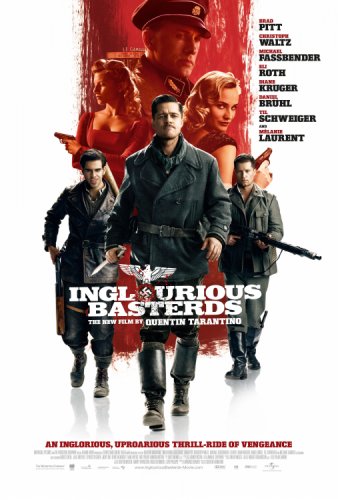
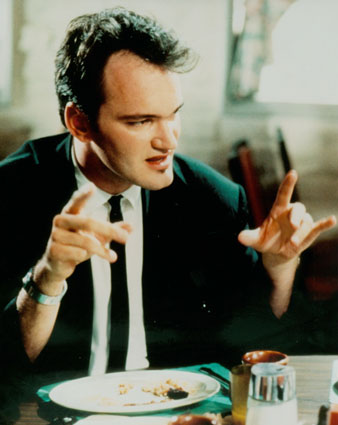
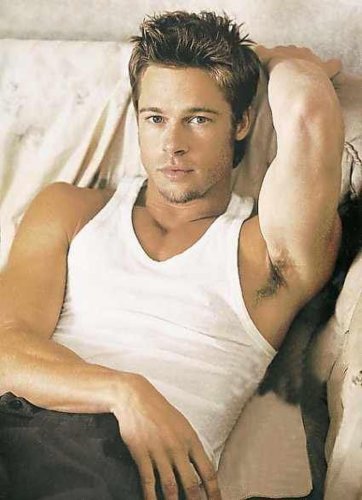

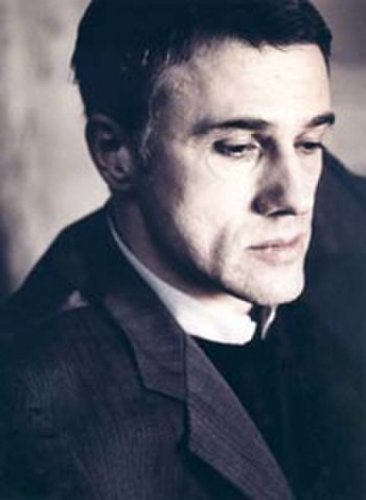


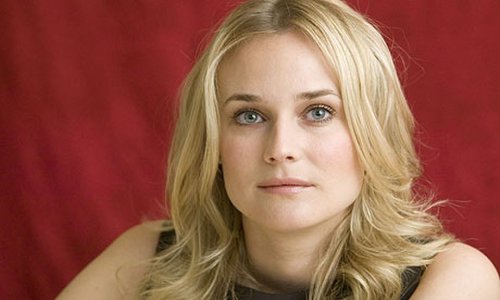

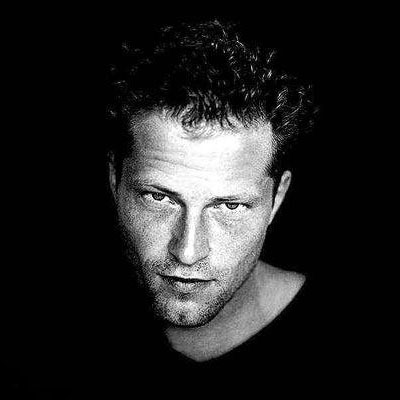
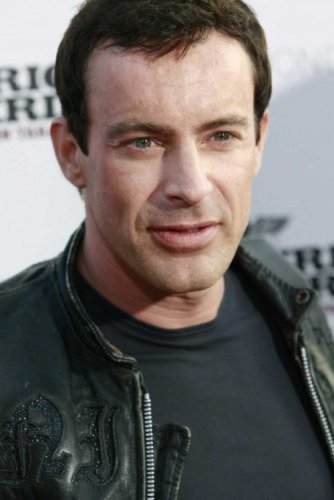
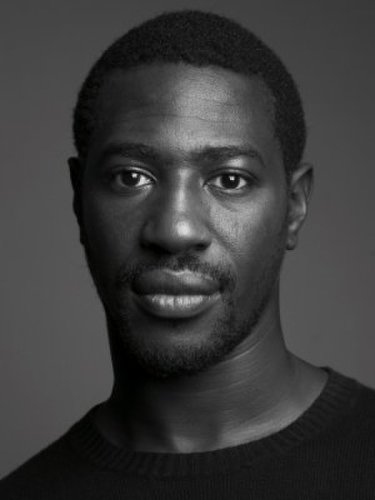





_Martin_Wuttke.jpg)
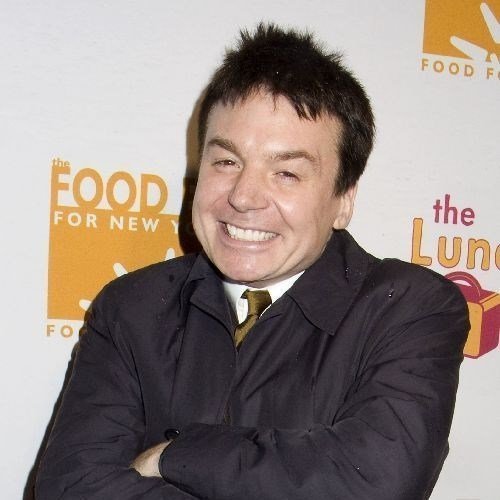


_2.jpg)










.jpg)



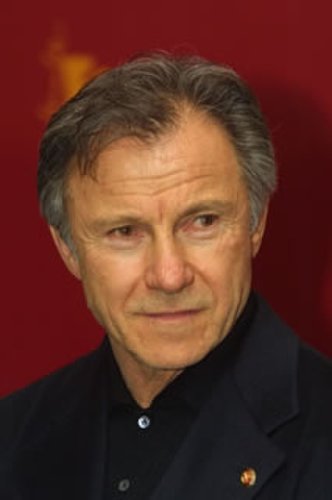
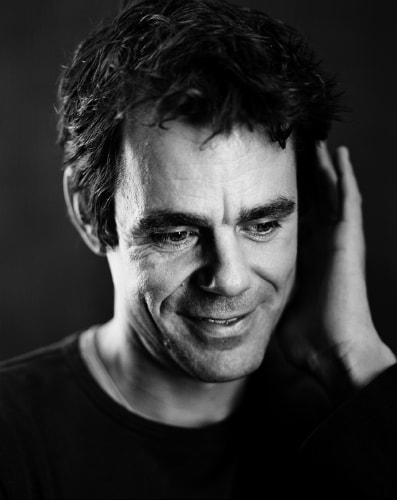

.jpg)
